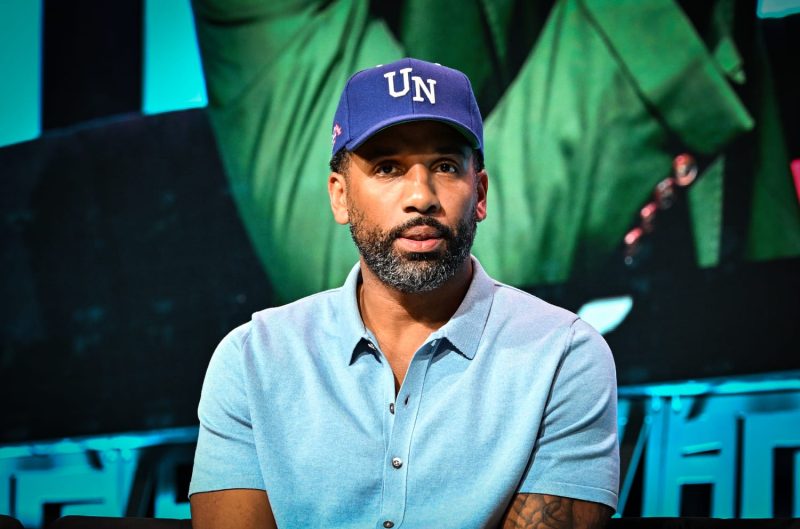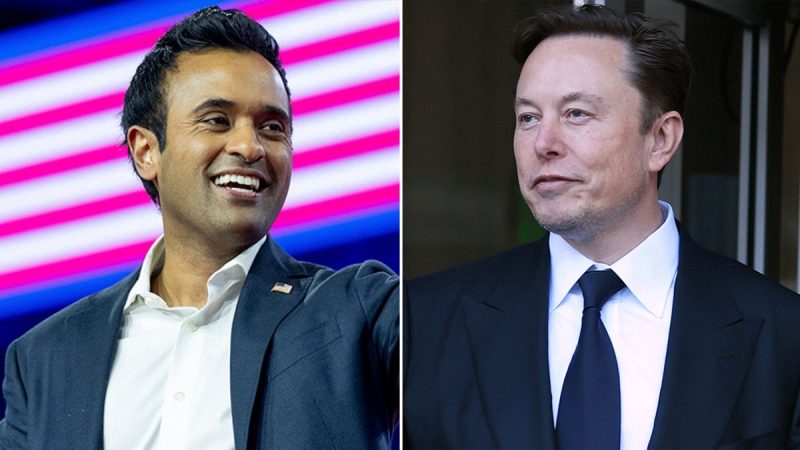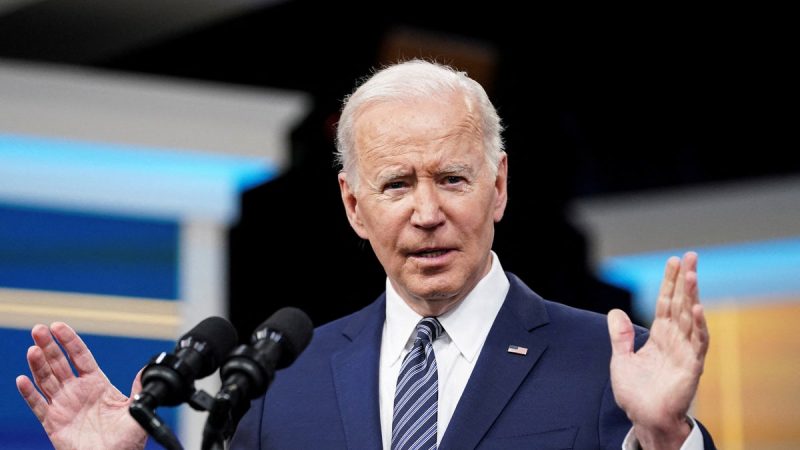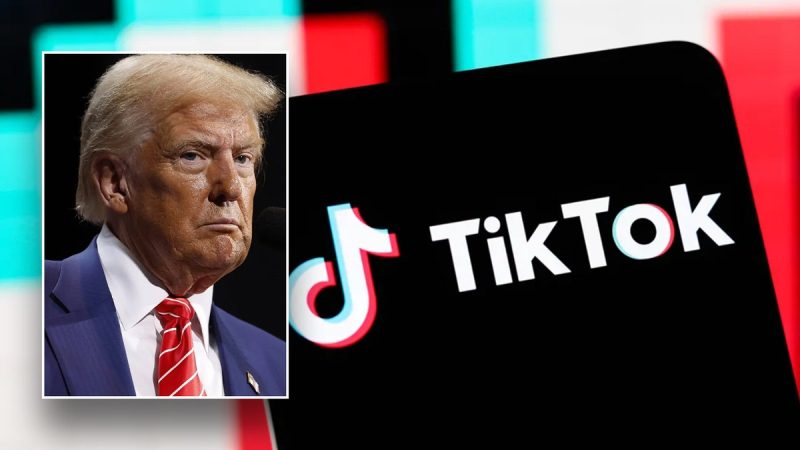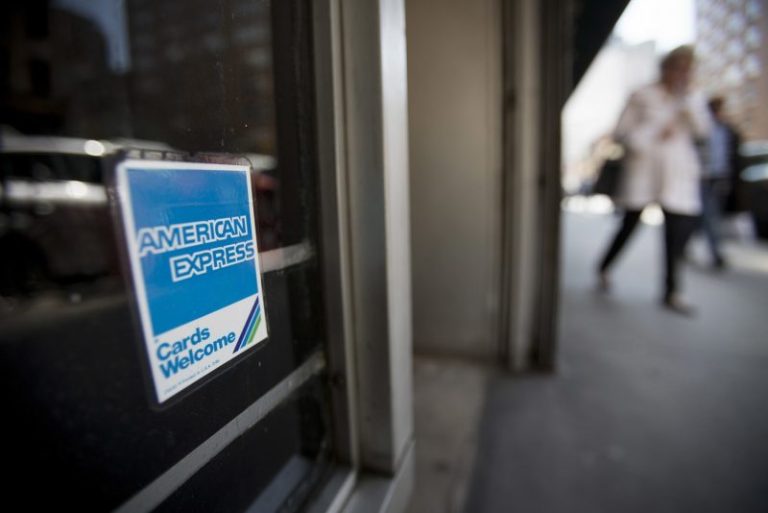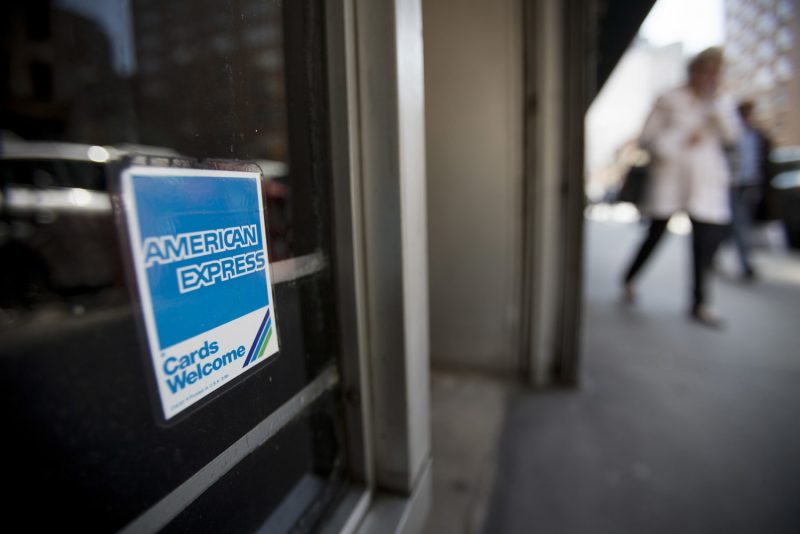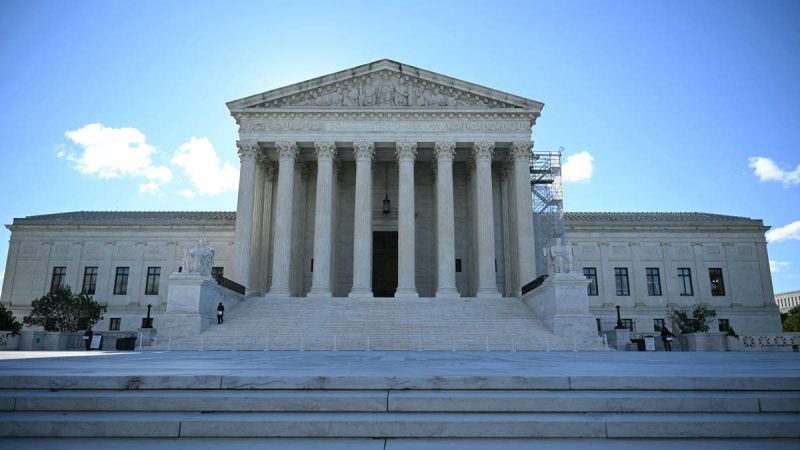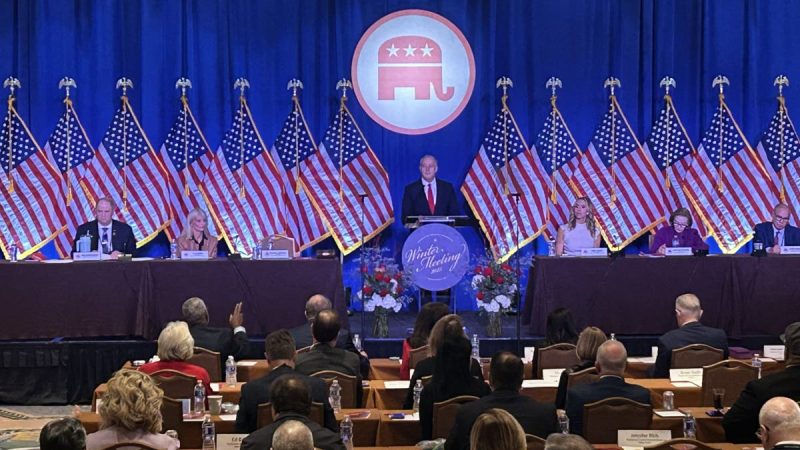
The members of the Republican National Committee, in a vote that was never in doubt, on Friday re-elected chair Michael Whatley to continue steering the national party committee.
‘This organization has got to be the tip of the spear. And as your chairman, I promise this organization will be the tip of the spear to protect Donald Trump,’ Whatley said, as he spoke after the unanimous voice vote at the RNC’s annual meeting, which was held this year in the nation’s capital ahead of Monday’s inauguration of President-elect Trump.
Whatley, a longtime Trump ally and a major supporter of Trump’s election integrity efforts, who was serving as RNC general counsel and chair of the North Carolina Republican Party, was named by Trump last March as chair as the former president clinched the 2024 GOP presidential nomination. Whatley succeeded longtime RNC chair Ronna McDaniel, whom Trump no longer supported.
In an exclusive interview with Fox News Digital on the sidelines of the RNC’s winter meeting, Whatley says his job going forward in the 2025 elections and 2026 midterms is straight forward.
‘It’s really critical for us to make sure that the Trump voters become Republican voters,’ Whatley told Fox News Digital on the sidelines of the RNCs’ winter meeting, which is being held in the nation’s capital.
Republicans enjoyed major victories in November’s elections, with President-elect Trump defeating Vice President Kamala Harris to win back the White House, the GOP flipping control of the Senate from the Democrats, and holding on to their razor-thin majority in the House.
Whatley, who was interviewed on Thursday on the eve of the formal RNC chair vote, said the GOP needs ‘to cement those gains’ made in the 2024 elections.
‘We’re going to go right back to the building blocks that we had during this election cycle, which is to get out the vote and protect the ballot,’ Whatley emphasized.
The RNC chair pointed to ‘the lessons that we learned’ in the 2024 cycle ‘about going after low propensity voters, about making sure that we’re reaching out to every voter and bringing in new communities,’ which he said helped Republicans make ‘historic gains among African American voters, among Asian American voters, among Hispanic voters, young voters and women voters.’
Speaking a couple of days before the president-elect’s inauguration, Whatley emphasized that once Trump’s in the White House, ‘we’re going to go right back to the RNC. We’re going to roll up our sleeves and get to work. We’ve got a couple of governor’s races…that we’re going to be working on in ‘25.’
But Whatley said ‘everything is focused on ‘26,’ when the party will be defending its majorities in the House and Senate, ‘because that is going to determine, from an agenda perspective, whether we have two years to work with or four. And America needs us to have a four-year agenda.’
‘What we’re going to be doing is making sure that we are registering voters,’ Whatley said. ‘We’re going to be…communicating with the folks that we need to turn out.’
Pointing to the 2024 presidential election, he said ‘it’s the same fundamentals.’
But he noted that ‘it’s not just seven battleground states’ and that the 2026 contests are ‘definitely going to be a very intense midterm election cycle.’
While Democrats would disagree, Whatley described today’s GOP as ‘a common sense party…this is a party that’s going to fight for every American family and for every American community.’
Referring to former Democrats Robert F. Kennedy Jr. and former Rep. Tulsi Gabbard, whom Trump has nominated to serve in his second administration’s cabinet, Whatley touted ‘the fact that we have two former Democratic presidential candidates who are going to be serving in the president’s cabinet. That shows you that this is a commonsense agenda, a commonsense team, that we’re going to be moving forward with.’
In December, Trump asked Whatley to continue during the 2026 cycle as RNC chair.
‘I think we will be able to talk when we need to talk,’ Whatley said when asked if his lines of communication with Trump will be limited now that the president-elect is returning to the White House. ‘We’re going to support the president and his agenda. That does not change. What changes is his ability from the White House to actually implement the agenda that he’s been campaigning on.’
The winter meeting included the last appearance at the RNC by co-chair Lara Trump. The president-elect’s daughter-in-law is stepping down from her post.
She stressed that it’s crucial the RNC takes ‘the opportunity the voters have given us’ to ‘continue to expand the Republican brand.’
The elder Trump is term-limited and won’t be able to seek election again in 2028. Vice President-elect Sen. JD Vance will likely be considered the front-runner for the 2028 GOP nomination.
Whatley reiterated what he told Fox News Digital in December, that the RNC will stay neutral in the next race for the GOP nomination and that the party’s ‘got an amazing bench.’
‘You think about the talent on the Republican side of the aisle right now, our governors, our senators, our members of Congress, people that are going to be serving in this administration. I love the fact that the Republican Party is going to be set up to have a fantastic candidate going into ’28,’ he highlighted.
Unlike the DNC, which in the 2024 cycle upended the traditional presidential nominating calendar, the RNC made no major changes to their primary lineup, and kept the Iowa caucuses and the New Hampshire primary as their first two contests.
Asked about the 2028 calendar, Whatley reiterated to Fox News that ‘I have not had any conversations with anybody who wants to change the calendar, so we will wait and see what that looks like as we’re going forward. We’re at the RNC meetings this week and having a number of conversations with folks, but that is not a huge push.’
‘I don’t think that changing the calendar really helped the Democrats at all,’ Whatley argued. ‘And I think that us, making sure that we are working our system the way that we always have, is going to be critical.’
This post appeared first on FOX NEWS
